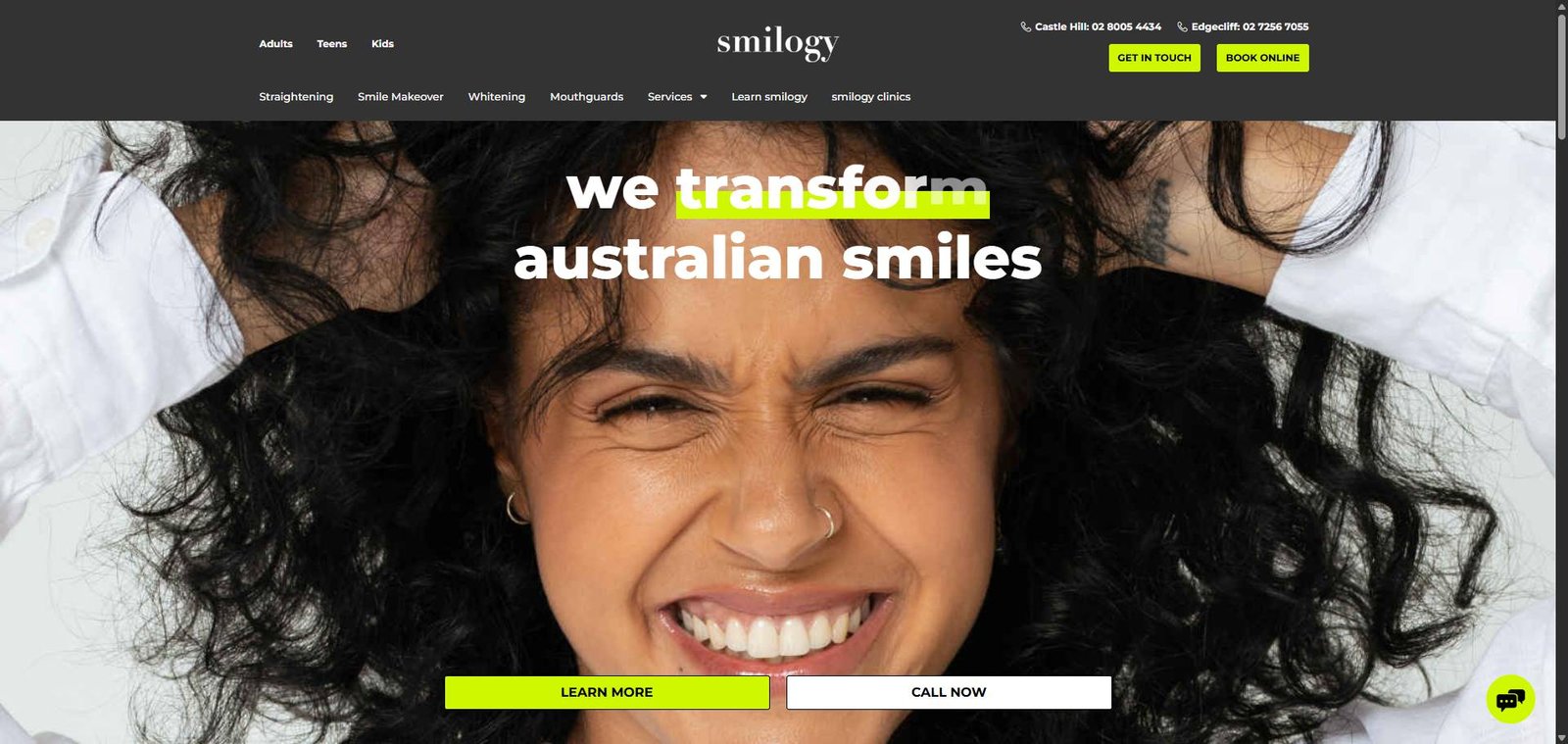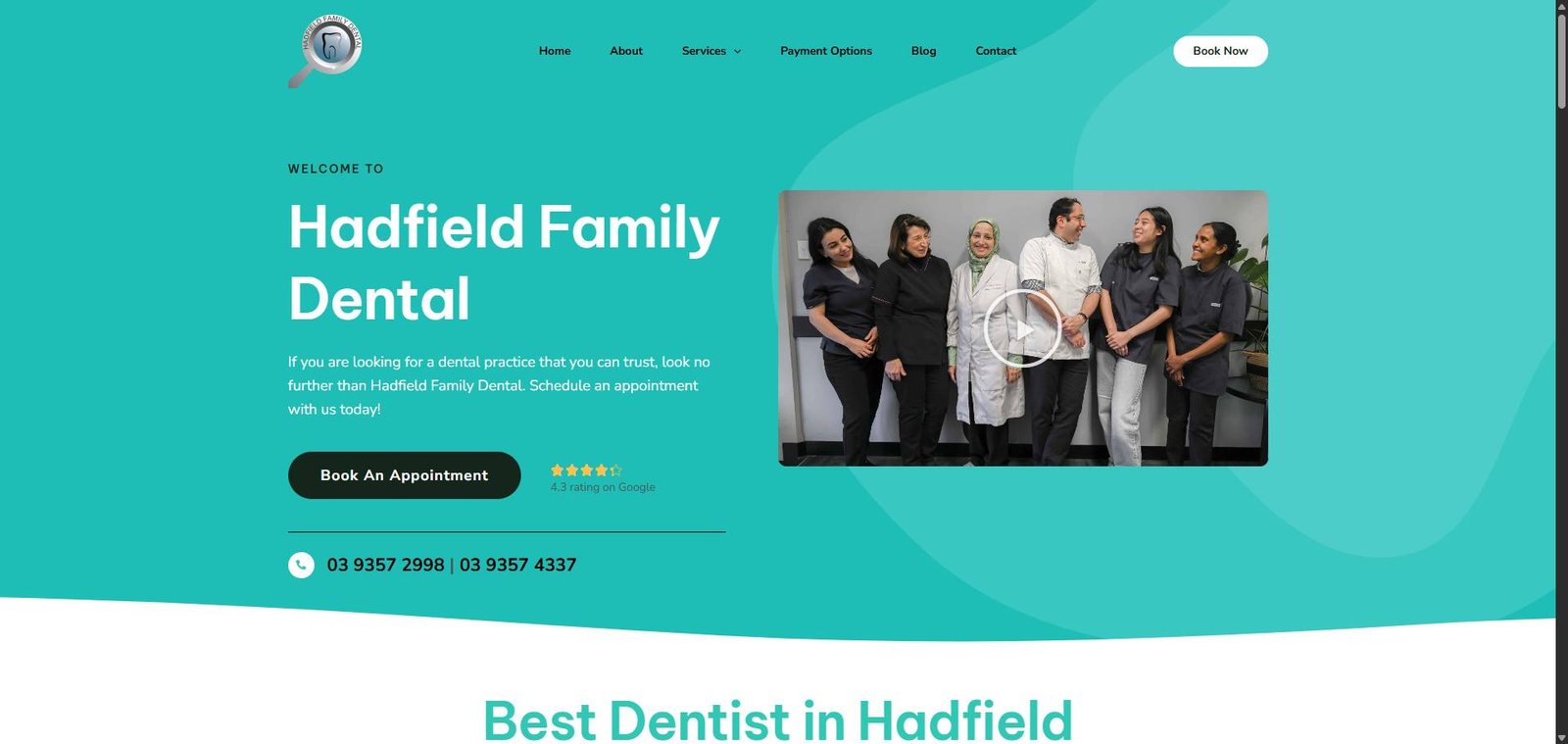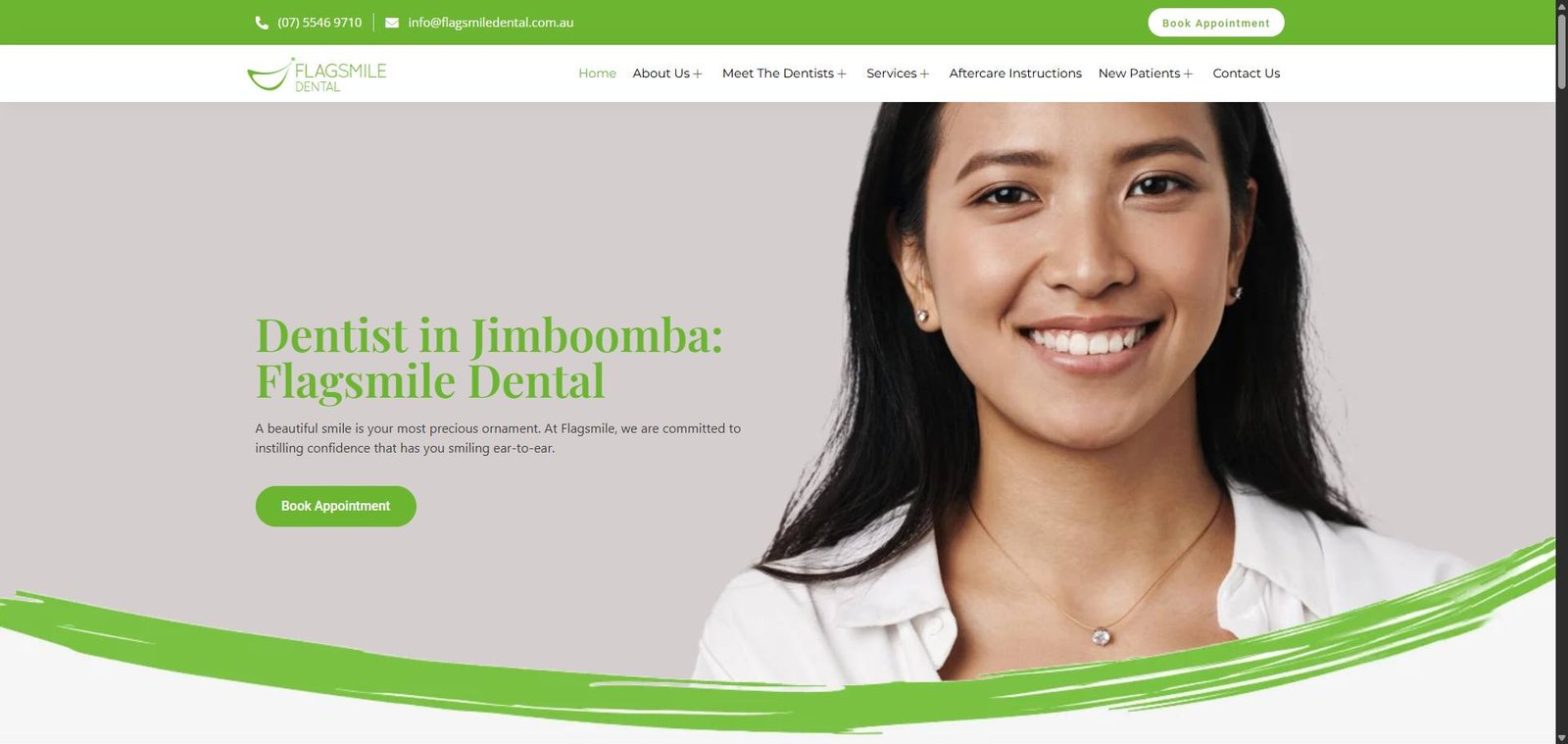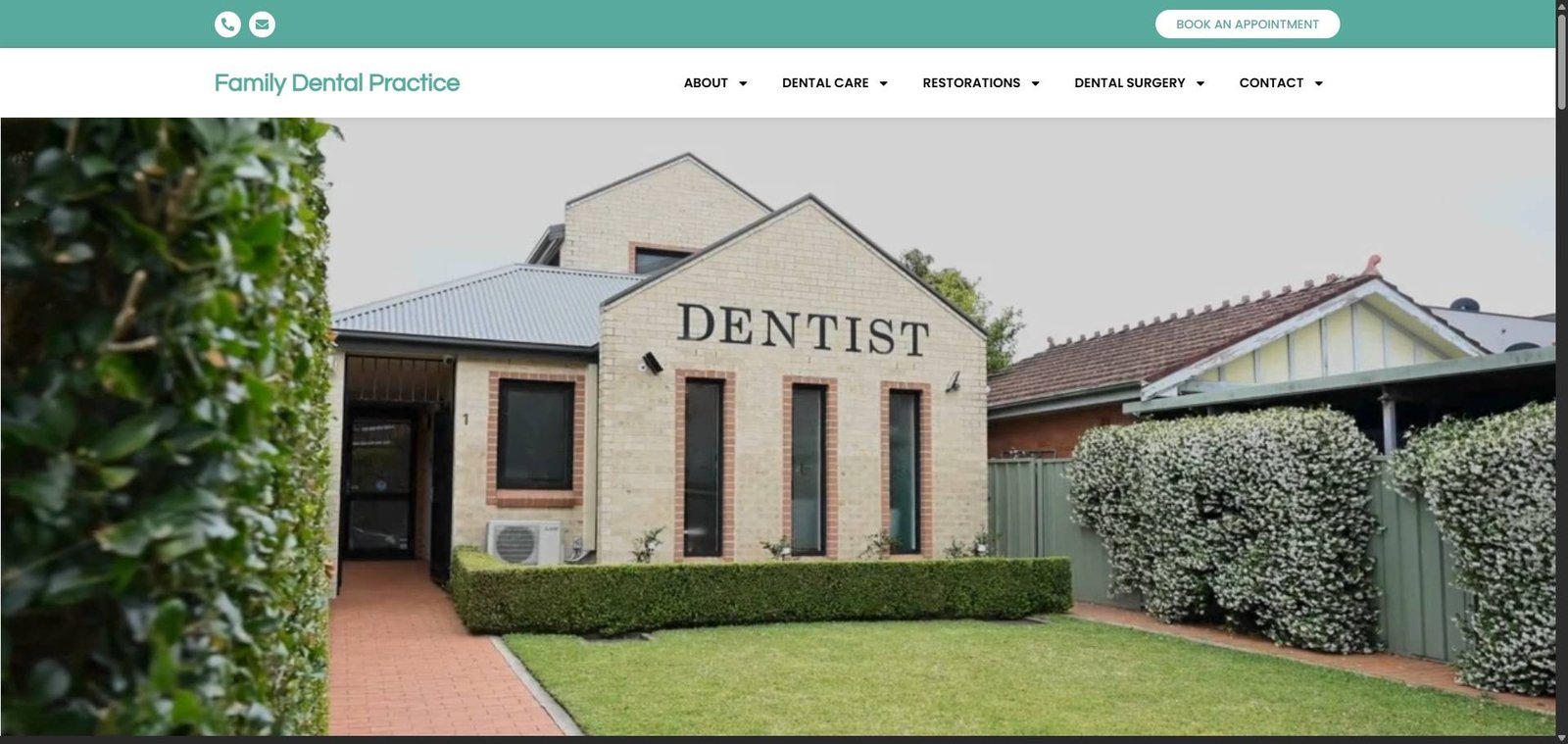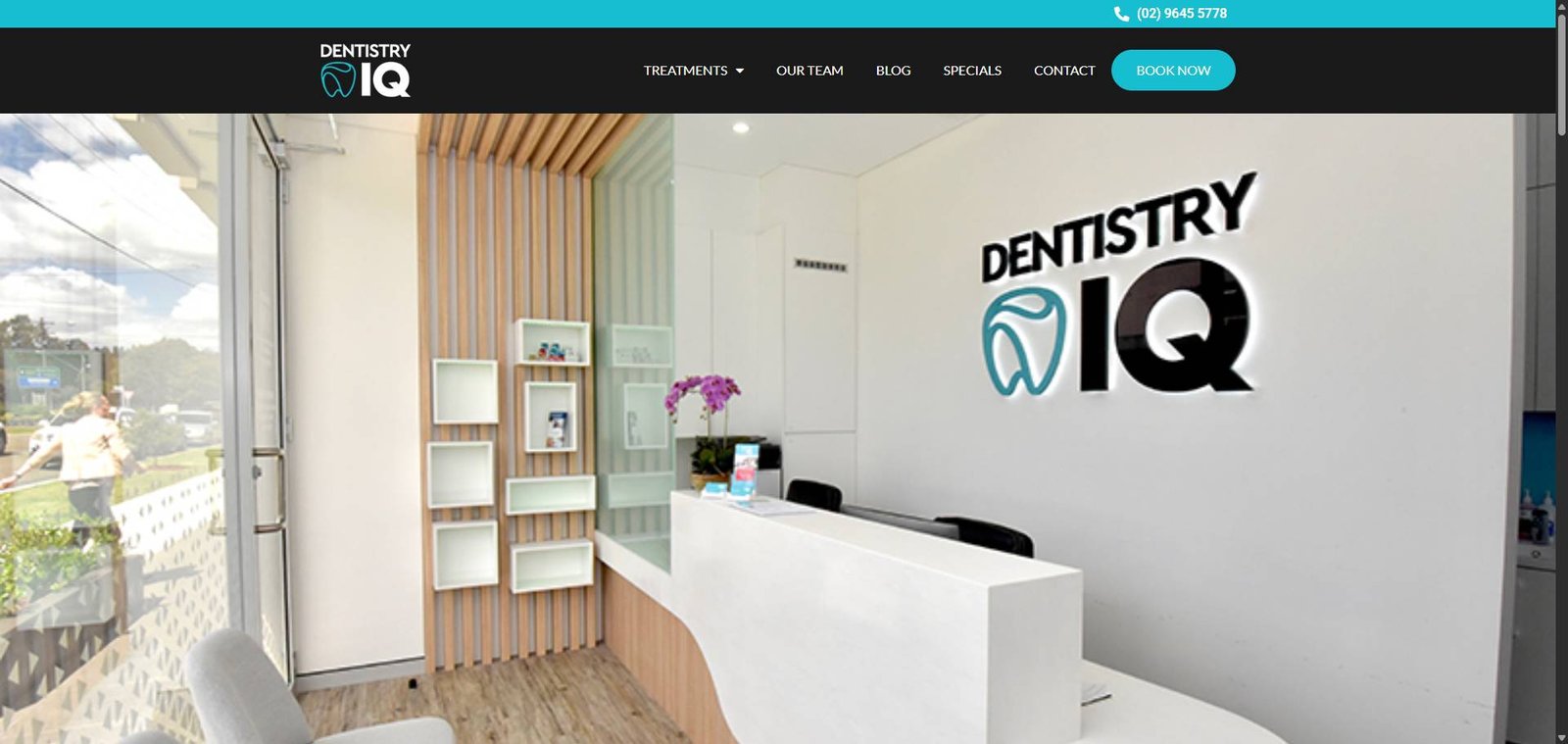If you’re marketing in the UAE, you’re not just working with a global audience—you’re working with one of the most culturally diverse, digital-savvy populations in the world. And to keep up with them, social listening has become more important than ever.
In this article, you’ll learn what social listening is, why it’s different from monitoring, and how UAE brands are using it to stay relevant, build trust, and align with fast-changing cultural trends.
What is Social Listening?
Social listening means tracking what people say about your brand, industry, or key topics across social media, forums, blogs, and news outlets. But it goes beyond just counting mentions—it’s about understanding sentiment, patterns, and what your audience feels.
Social Listening vs. Social Monitoring:
Monitoring tells you what is being said (e.g., “We were mentioned 250 times”).
Listening tells you why people are saying it—and how you can respond.
Cultural Nuances in the UAE Digital Ecosystem
The UAE is home to over 200 nationalities, and online conversations reflect that mix. Language, religion, and cultural norms shape how and when people engage.
- Arabic is the official language, but English, Hindi, and Urdu are widely used.
- Cultural and religious events like Ramadan, Eid, and National Day strongly influence digital activity.
- Trends shift quickly—what’s viral during Ramadan may not land the same in other months.
Even something like an emoji or Arabic slang can change meaning across dialects. Without cultural context, you risk misinterpreting your audience.
Why Social Listening is Crucial for UAE Brands
In fast-moving markets like Dubai and Abu Dhabi, real-time insights help brands avoid tone-deaf messaging and wasted ad spend.
Here’s what you gain with social listening:
- Spot trends before they go mainstream
- Learn how people talk about you—and your competitors
- Adapt content and tone to match customer mood
- Catch complaints early before they spread
- Shape campaigns that actually resonate with locals
According to Talkwalker, brands that integrate social listening into their marketing see up to 20% better engagement on localized campaigns.

Tools and Technologies for Social Listening in the UAE
Most global tools support basic listening, but if you’re targeting Arabic-speaking audiences, you need platforms with Arabic NLP (Natural Language Processing) to detect tone and context.
Popular options include:
- Talkwalker – Strong Arabic NLP and sentiment analysis
- Meltwater – Local media tracking + influencer insights
- Brandwatch – Powerful dashboards and cross-platform support
- Sprout Social – Good for social teams managing multiple channels
Look for tools that integrate with your CRM or content planning tools. That way, insights turn into action faster.
Case Studies: How UAE Brands Are Responding to Cultural Trends
Here’s how local companies are using social listening in real life:
Food Delivery App during Ramadan
By analyzing when people talk about hunger and cravings, one app shifted promotions to go live an hour before Iftar. Click-through rates went up by 34%.
Telecom Provider Tackling Complaints
A major carrier tracked social chatter about network drops in Sharjah. They deployed quick fixes and posted updates. The public response turned positive within 72 hours.
Fashion Brand and Modesty Trends
A women’s clothing line noticed Arabic hashtags related to modest wear trending. They adjusted visuals in their Instagram ads to reflect cultural values—and saw a 22% lift in saves and shares.
Challenges of Social Listening in the UAE
While social listening is powerful, it’s not always simple—especially in a multilingual, multicultural environment.
Common roadblocks include:
- Dialects and Language Variety: Gulf Arabic differs from Levant or Egyptian Arabic. Tools must pick up slang, sarcasm, and emojis.
- Tone Detection: What sounds like praise in one culture might be sarcastic in another.
- Data Overload: Without filters, you might drown in irrelevant noise.
Using region-specific NLP models and working with local experts can help fill these gaps.
Future of Social Listening in the UAE
The next wave of social listening won’t just track reactions—it will predict them.
With AI and predictive analytics, UAE brands can:
- Plan campaigns based on trend forecasting
- Spot micro-audience movements (like Gen Z slang shifts)
- Understand platform-specific conversations (e.g., Threads, Snapchat, Telegram)
- Combine social data with sales metrics for clearer ROI
As digital behavior continues to shift in the UAE, listening will go beyond marketing. It will guide product, customer service, and even hiring strategies.
3 Quick Steps to Get Started with Social Listening
- Pick a tool that supports Arabic and your key platforms (Instagram, Twitter, TikTok).
- Set up alerts for your brand, industry keywords, and common misspellings.
- Assign one person or team to check data weekly and act on what matters.
If you’re just starting, don’t overcomplicate it. One good insight is worth more than a dashboard full of noise.
Want Help Listening Smarter?
At Pracxcel Marketing, we help businesses use digital insights to shape smarter campaigns. Whether you’re launching in Dubai or refining your UAE-wide strategy, we can show you how to connect with your audience on a deeper level.
Contact us here for a consultation or to learn how we use social data in our campaigns.
FAQs
Because cultural shifts happen quickly. Social listening helps you stay on pace and avoid mistakes.
Conversations become more reflective, emotional, and community-focused. Brands that recognize this get better engagement.
Talkwalker and Meltwater both offer strong Arabic NLP capabilities.
Yes. Tracking sentiment early helps brands respond before negative news spreads.
They’re changing timing, visuals, language, and offers based on what they learn from their audience online.


